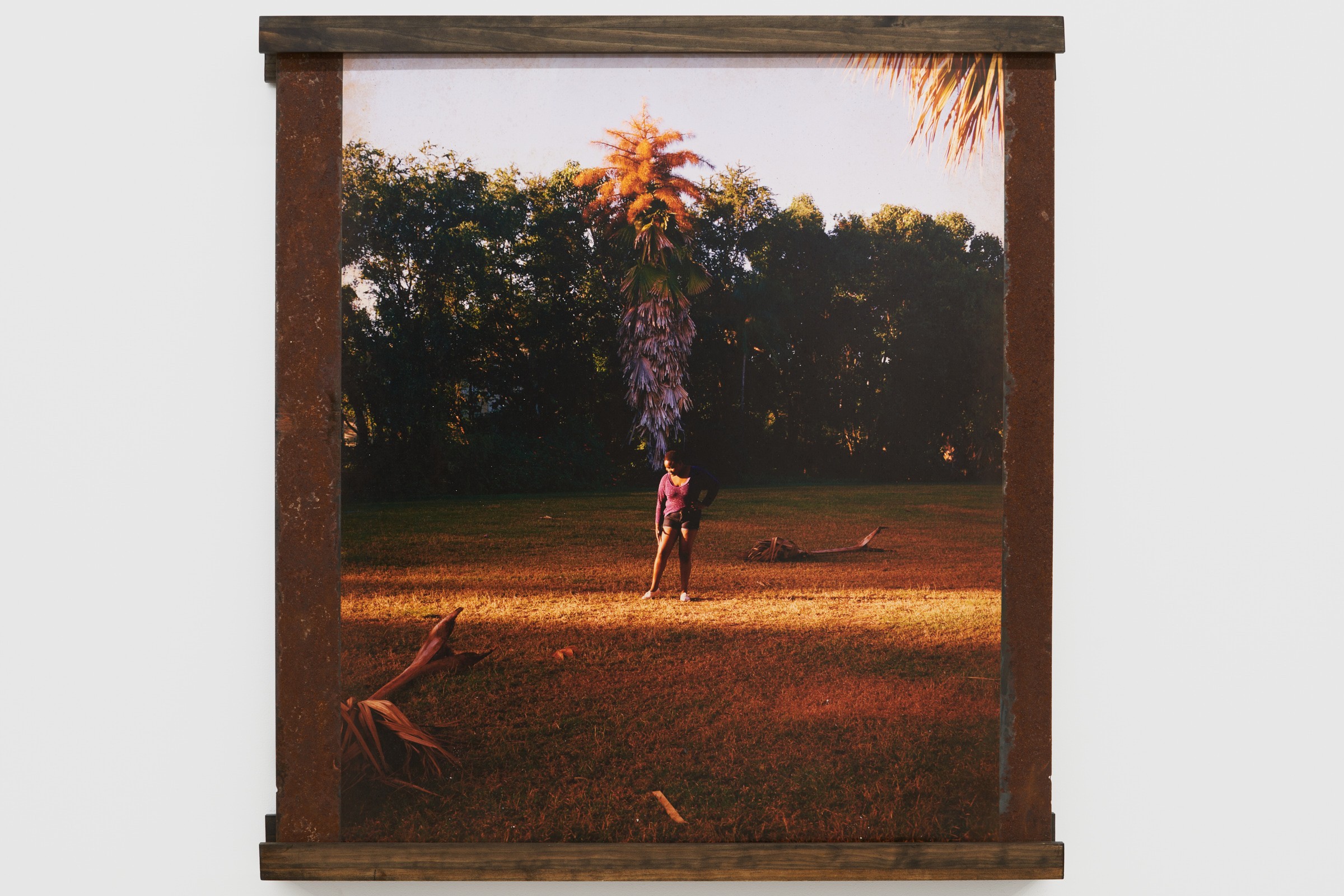
Tangible Possibilities
Kearra Amaya Gopee
Shala Miller
11.11 — 12.10
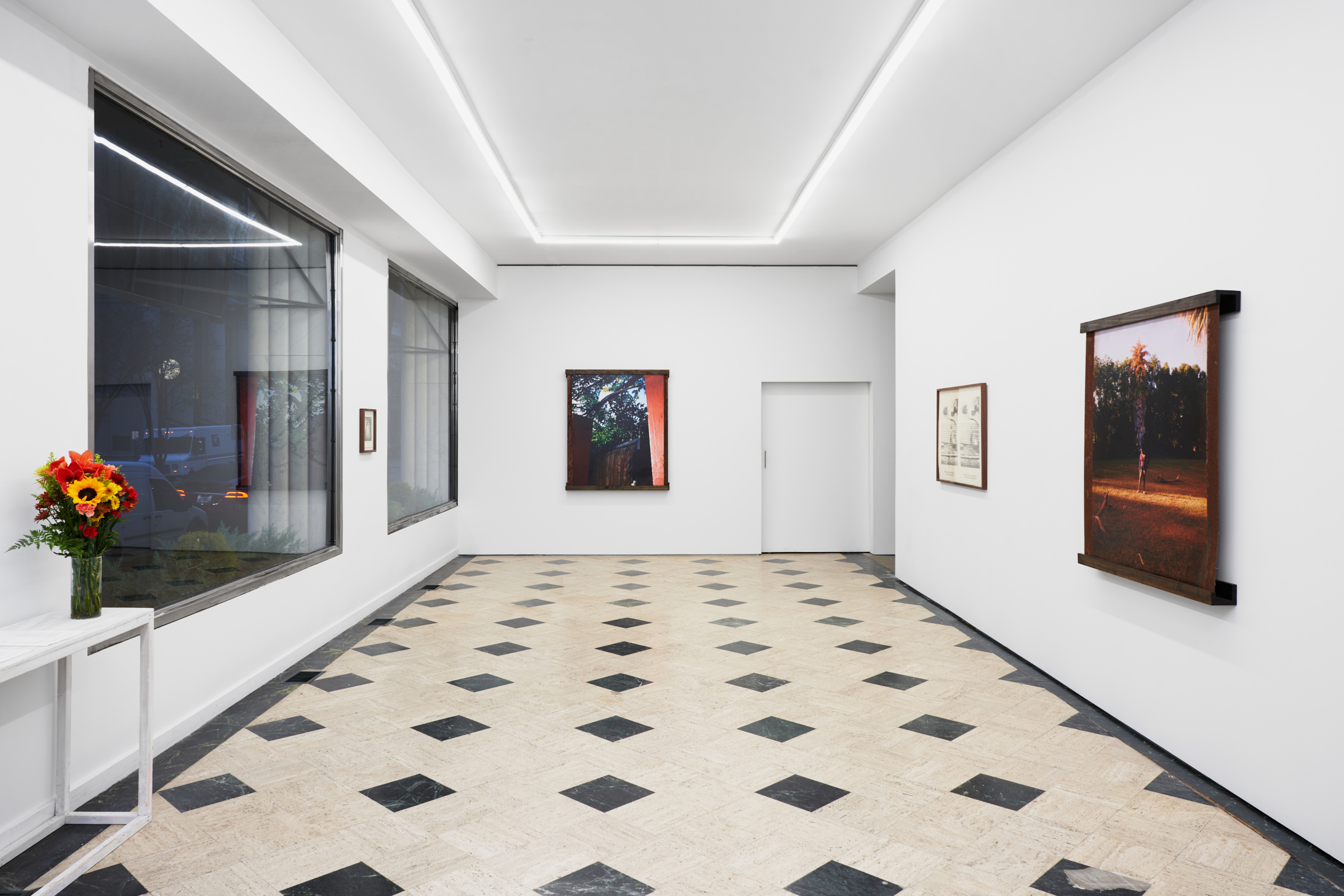
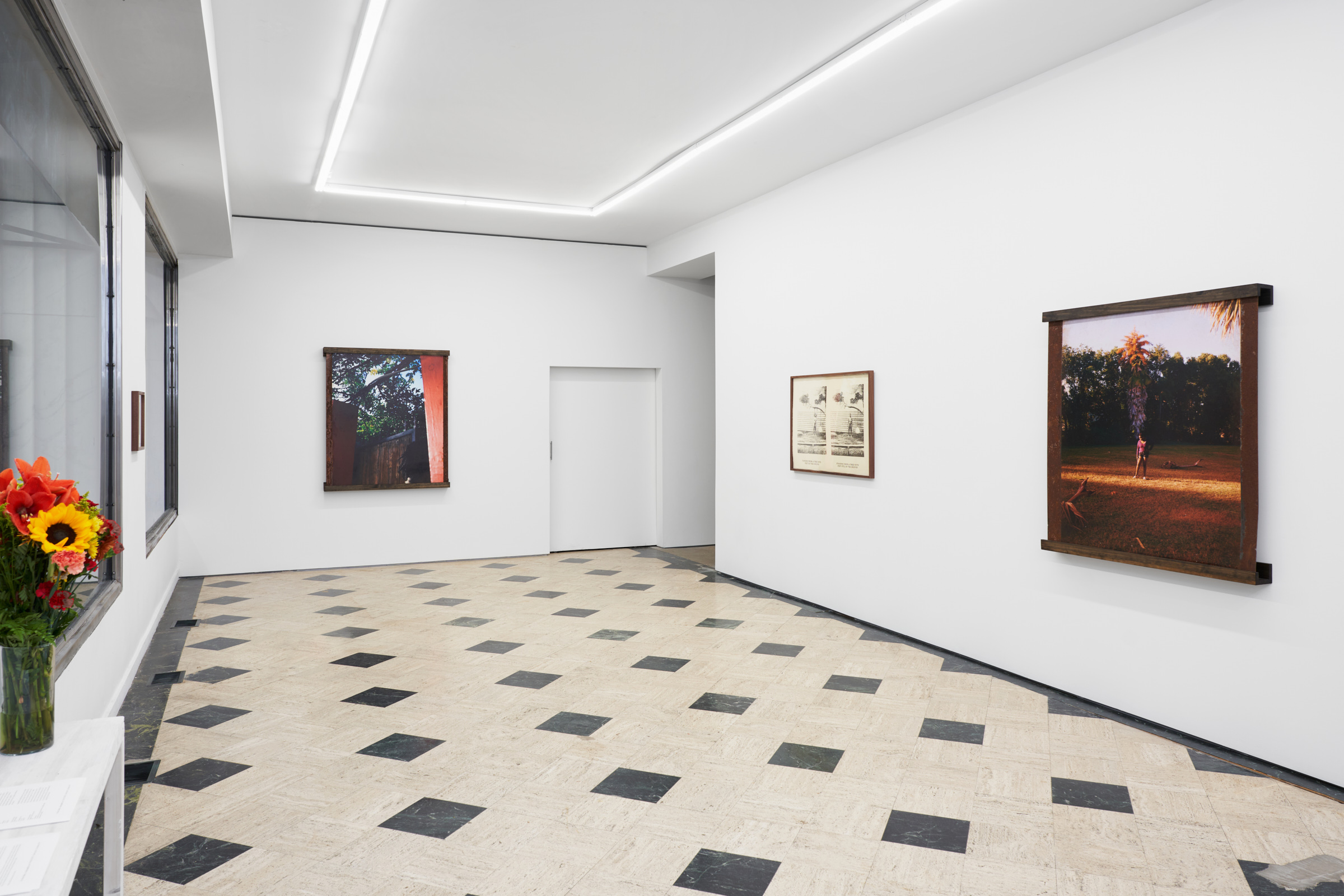
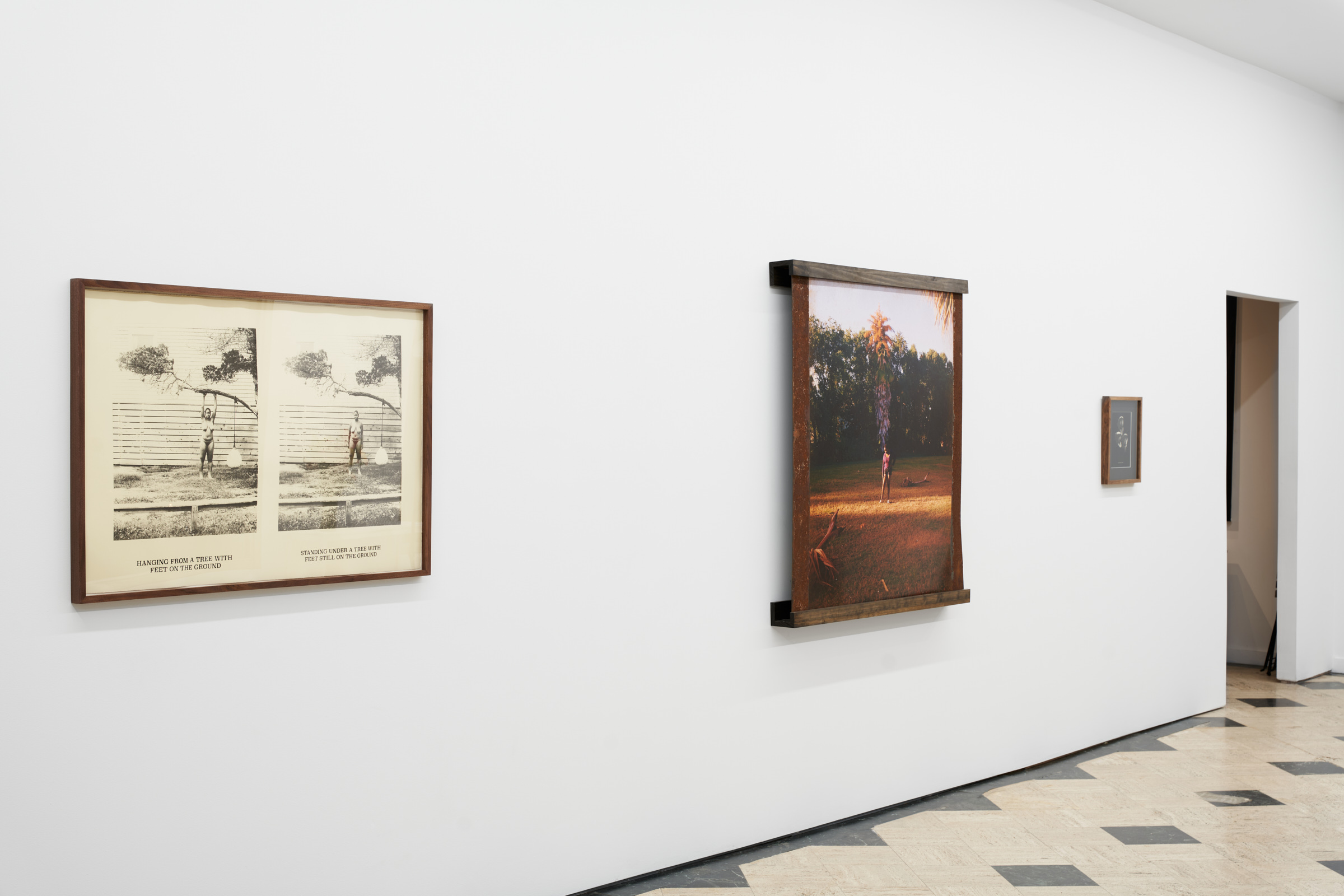
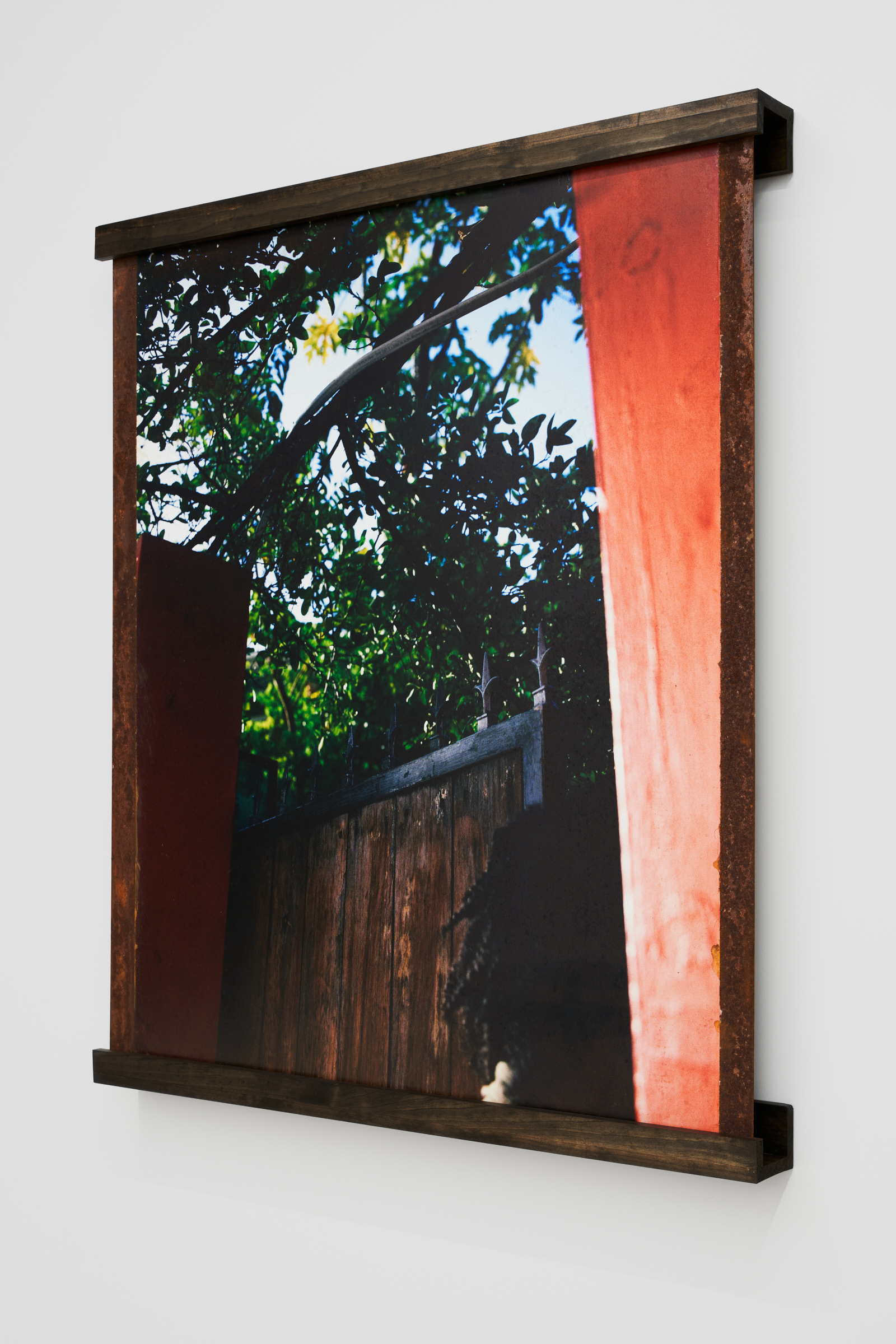
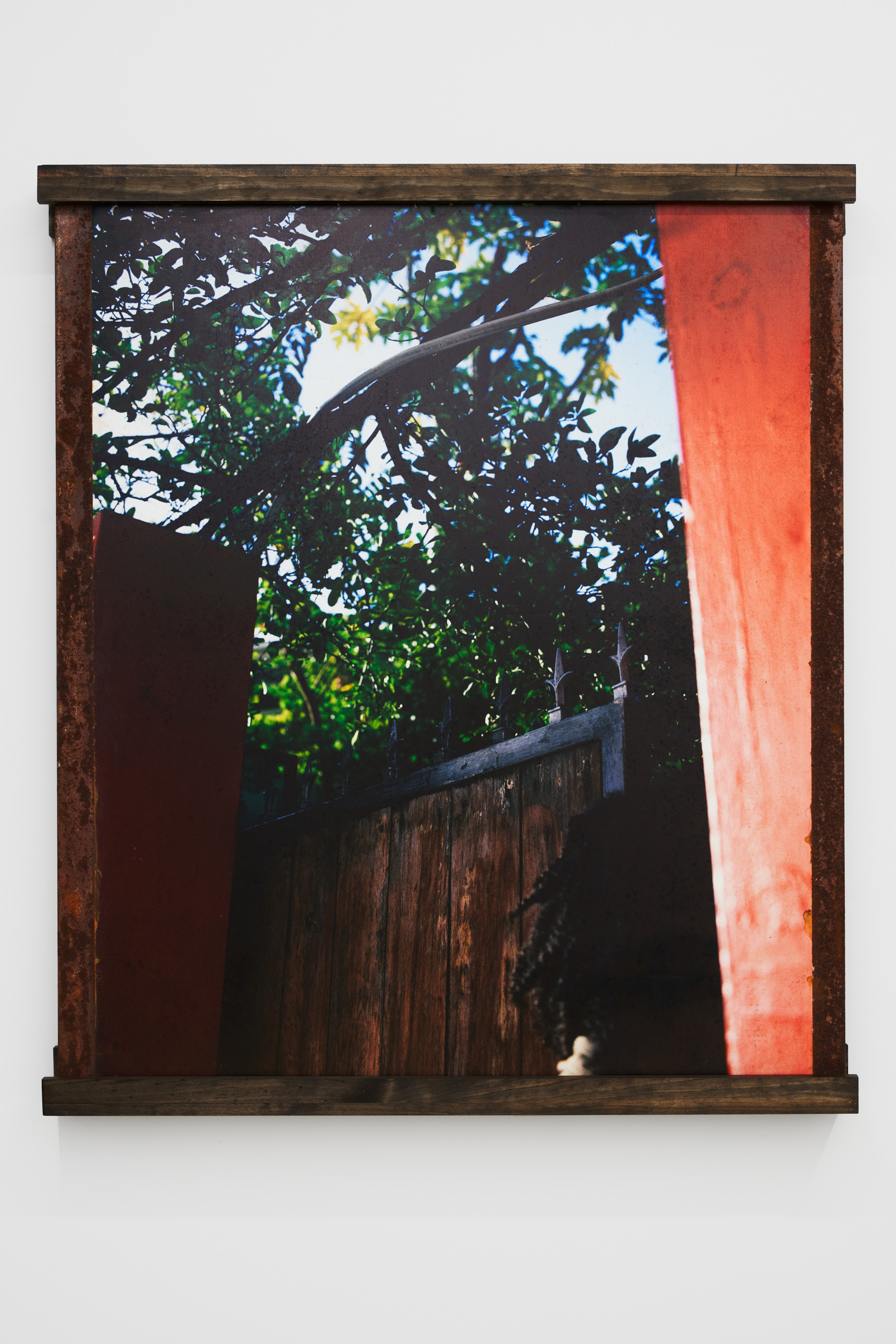
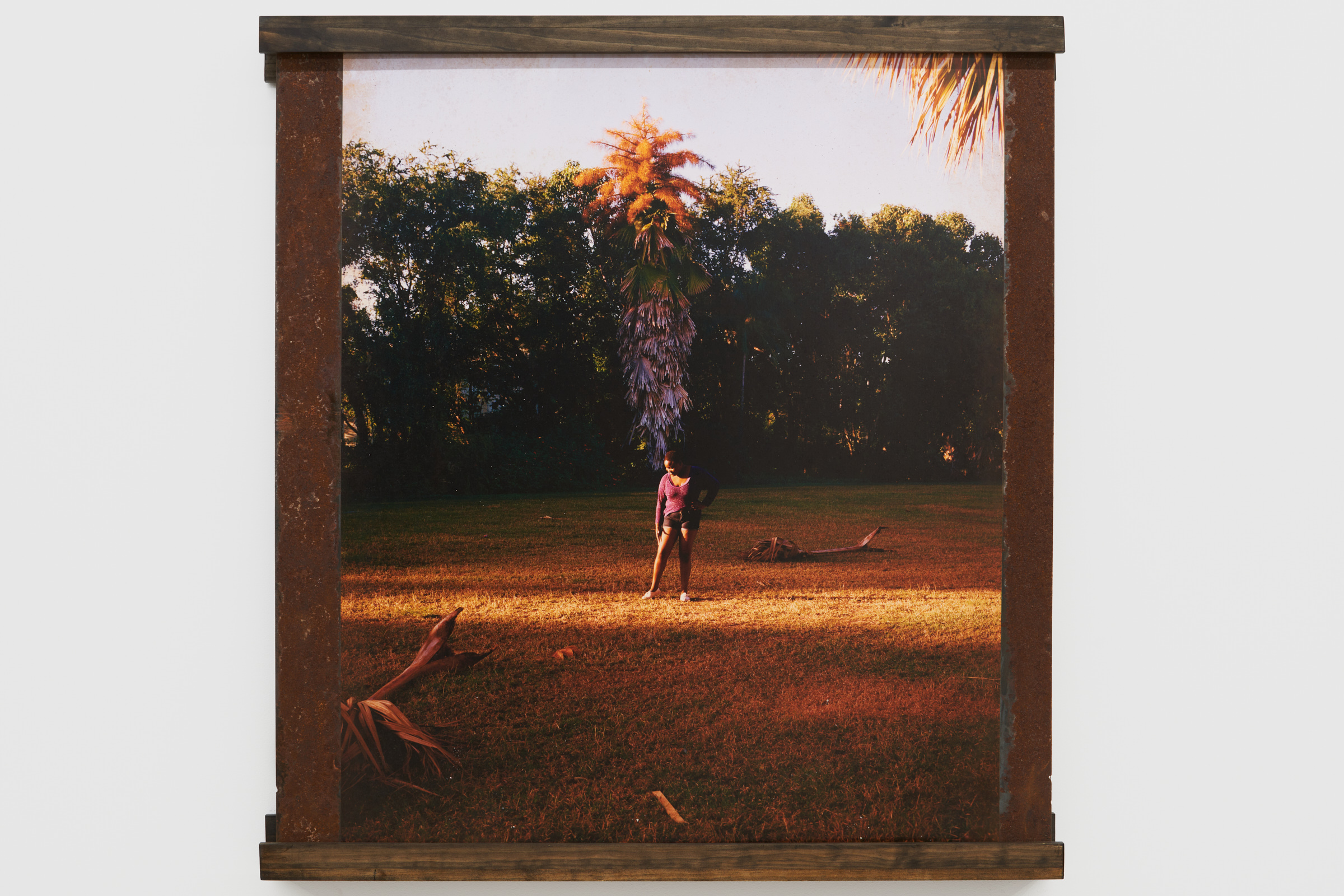
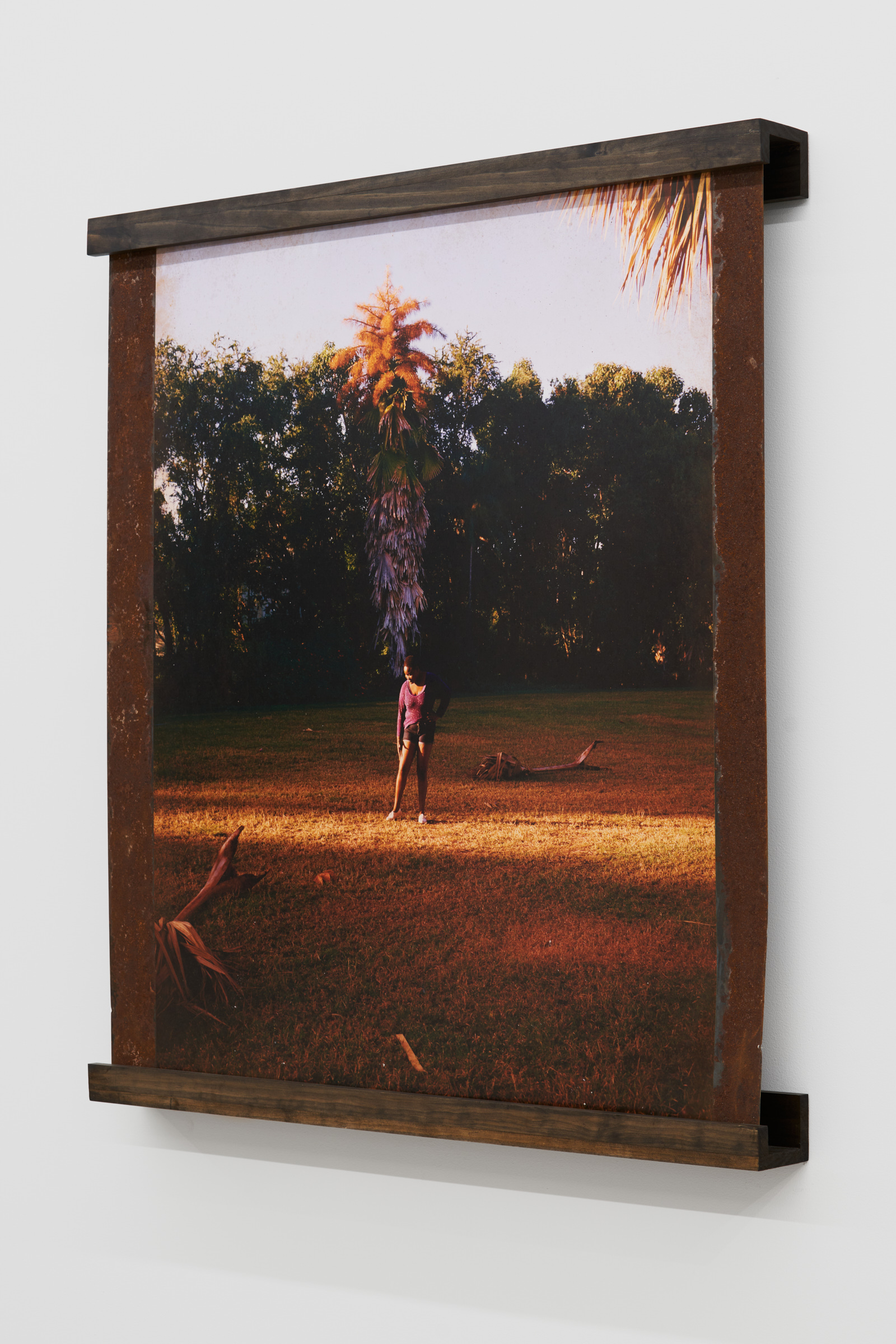
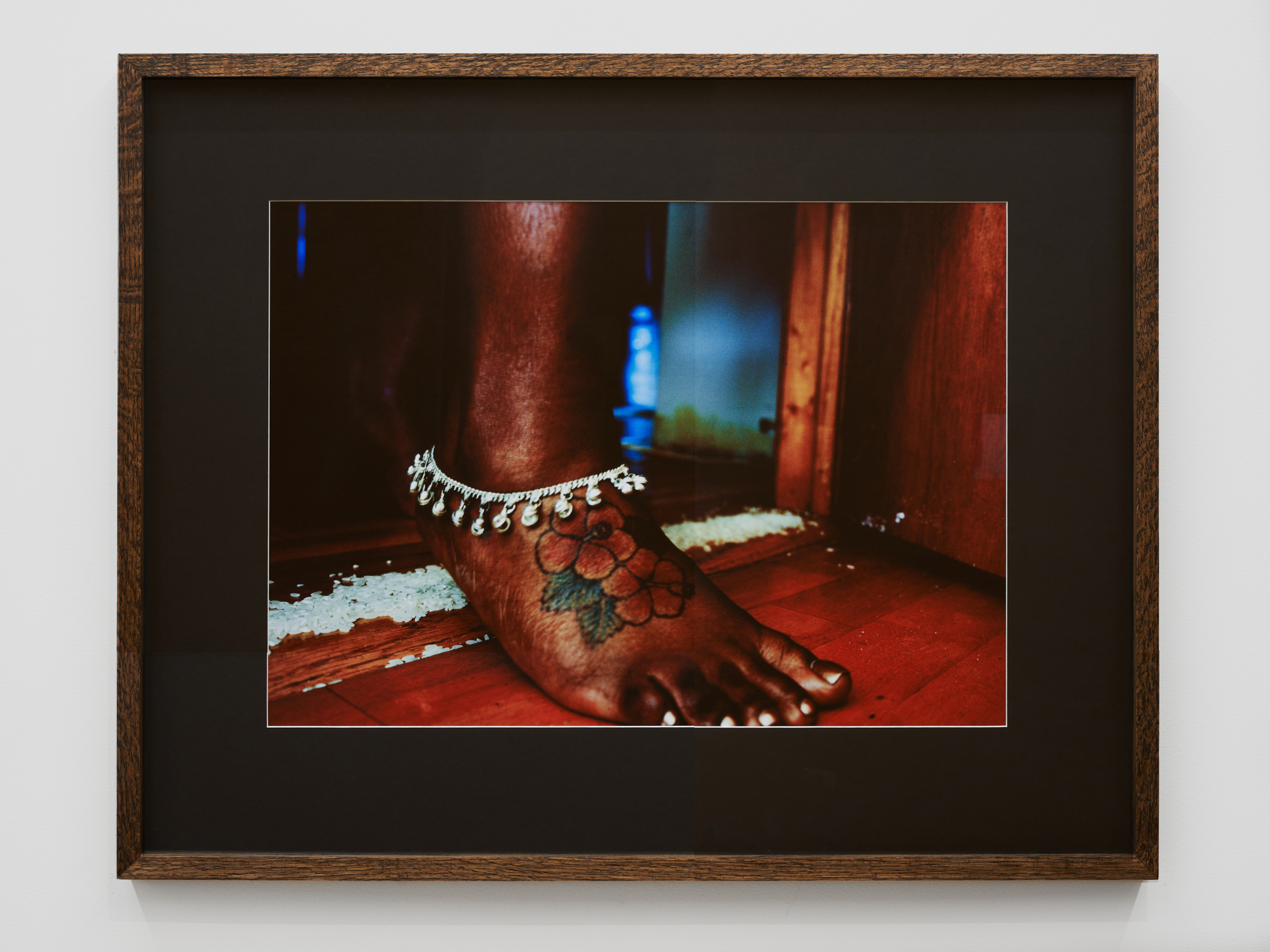
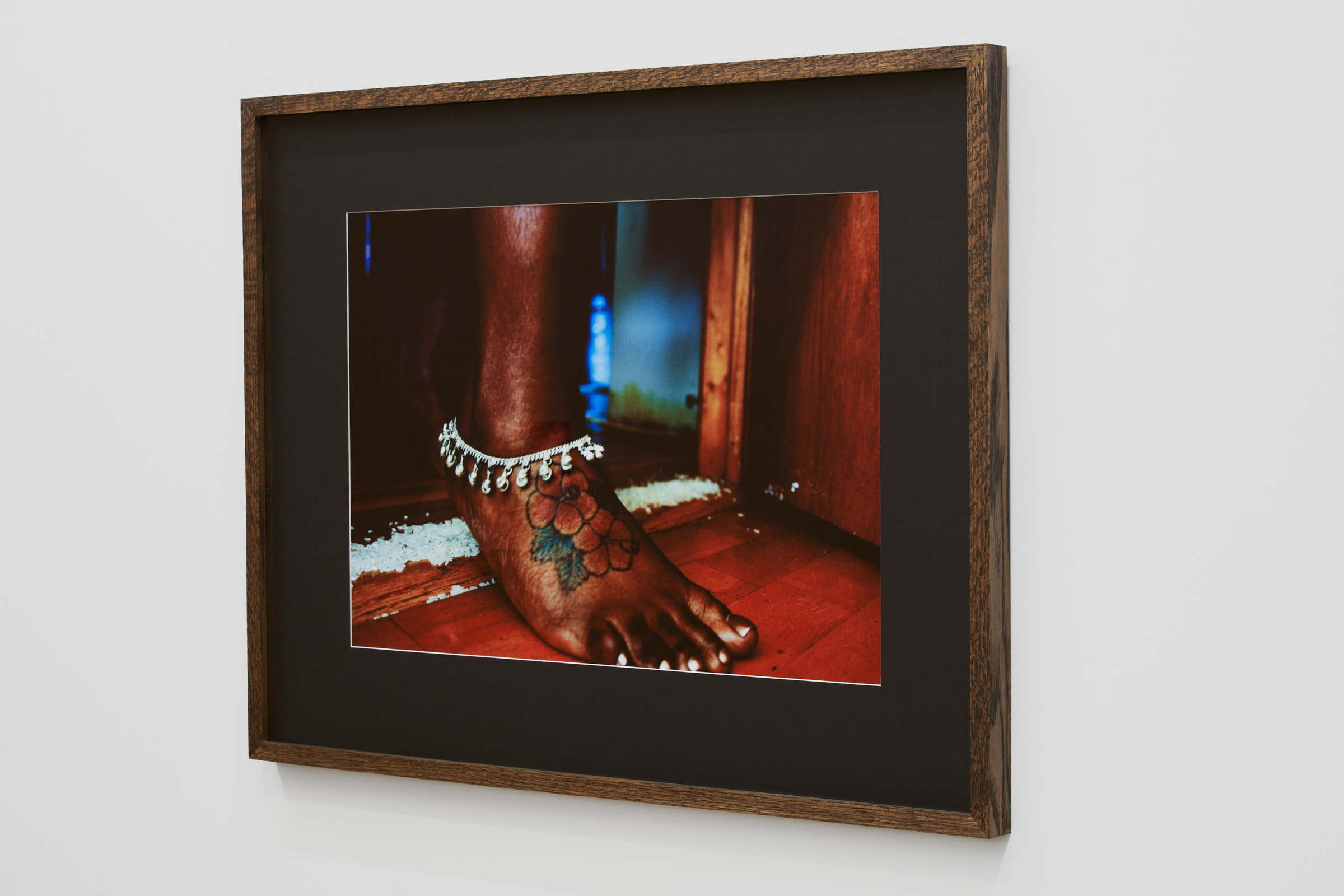
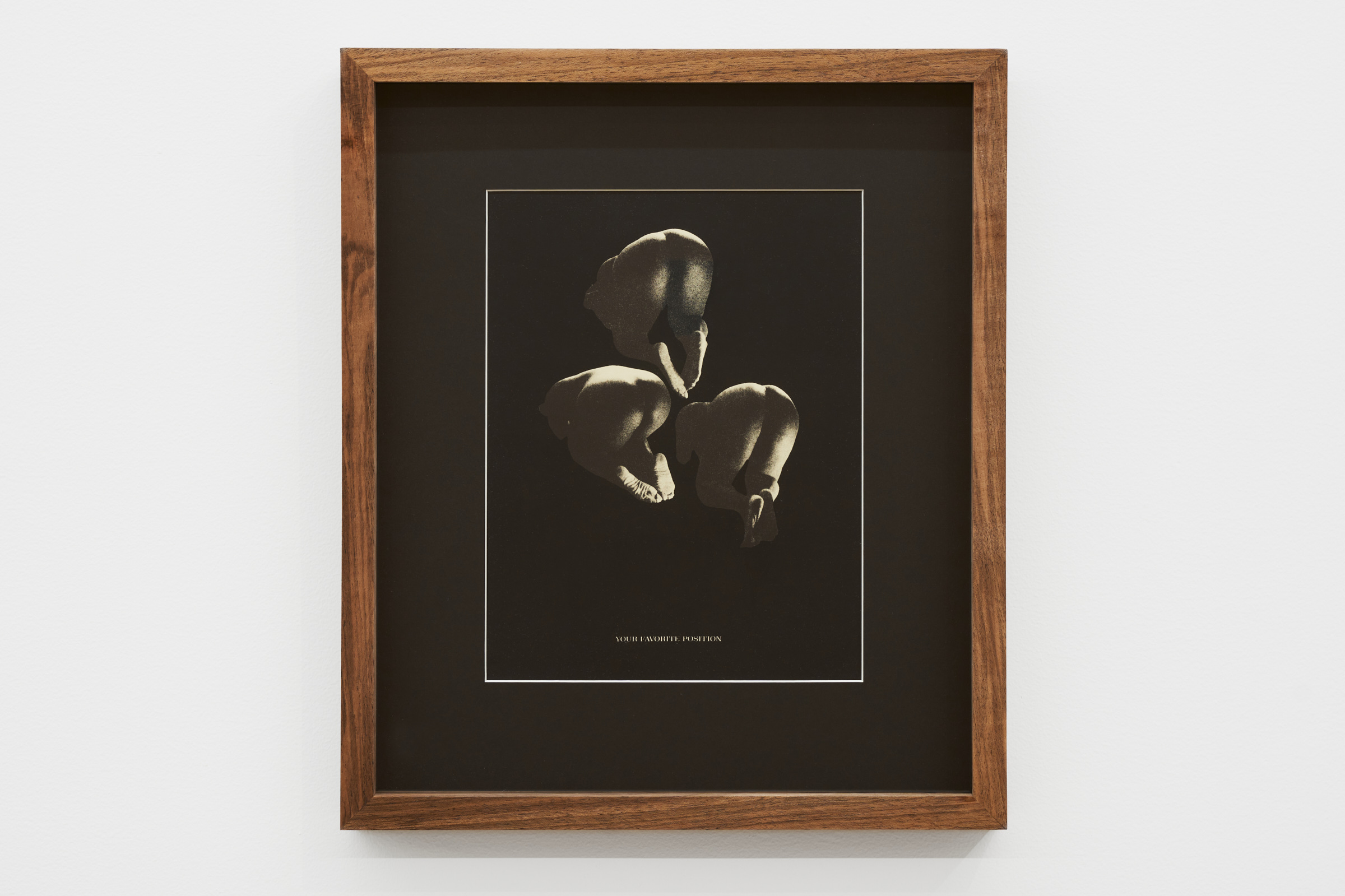
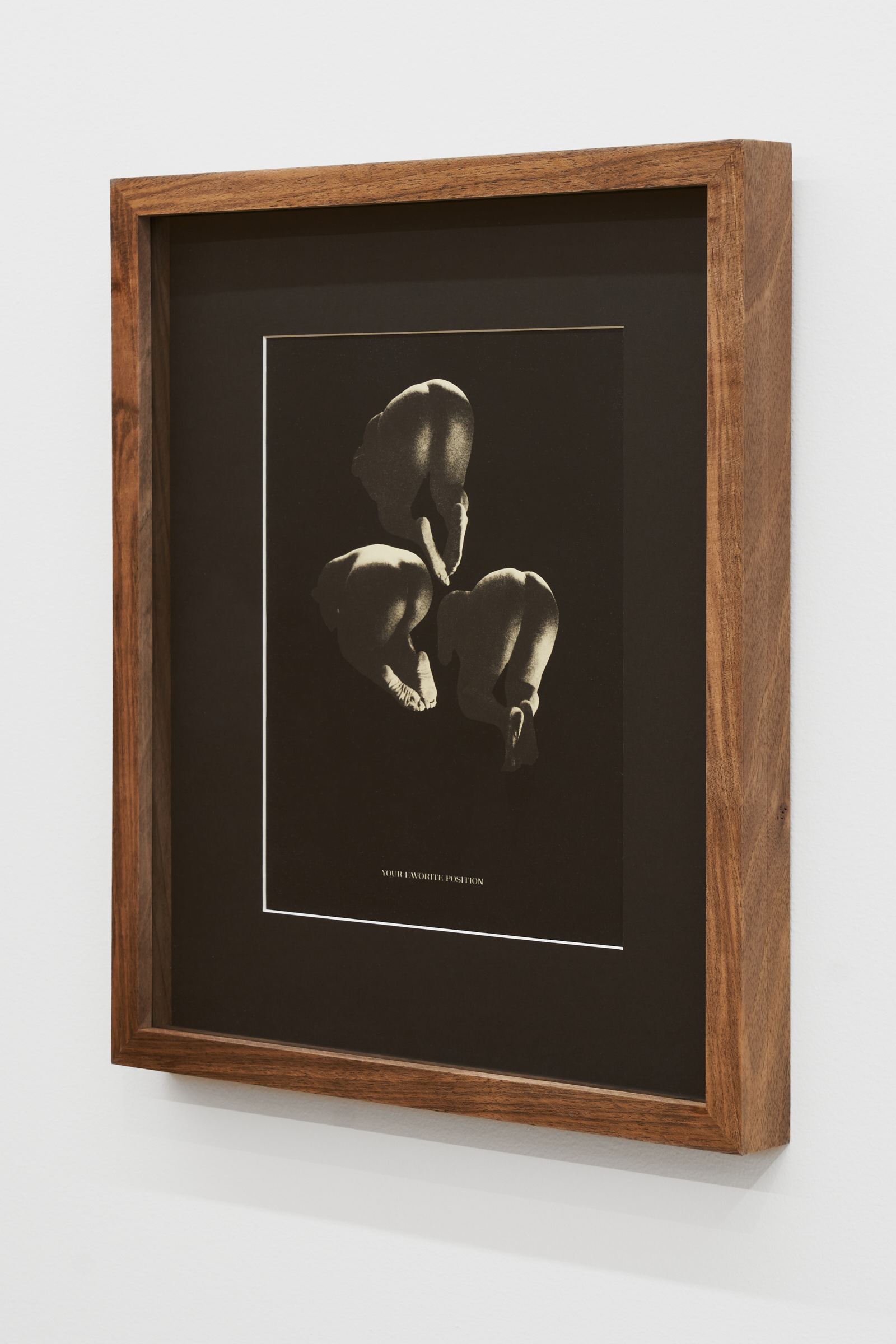
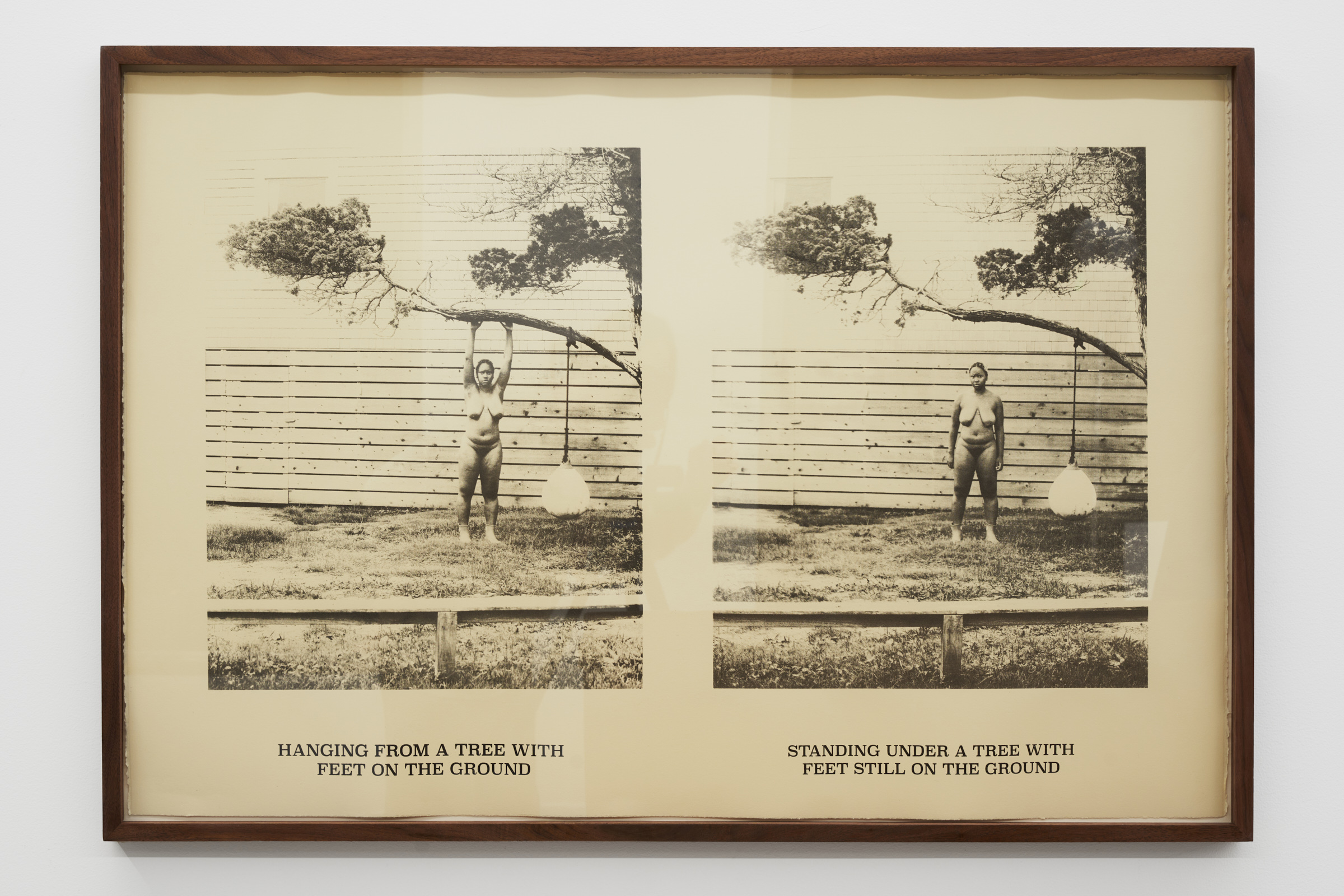
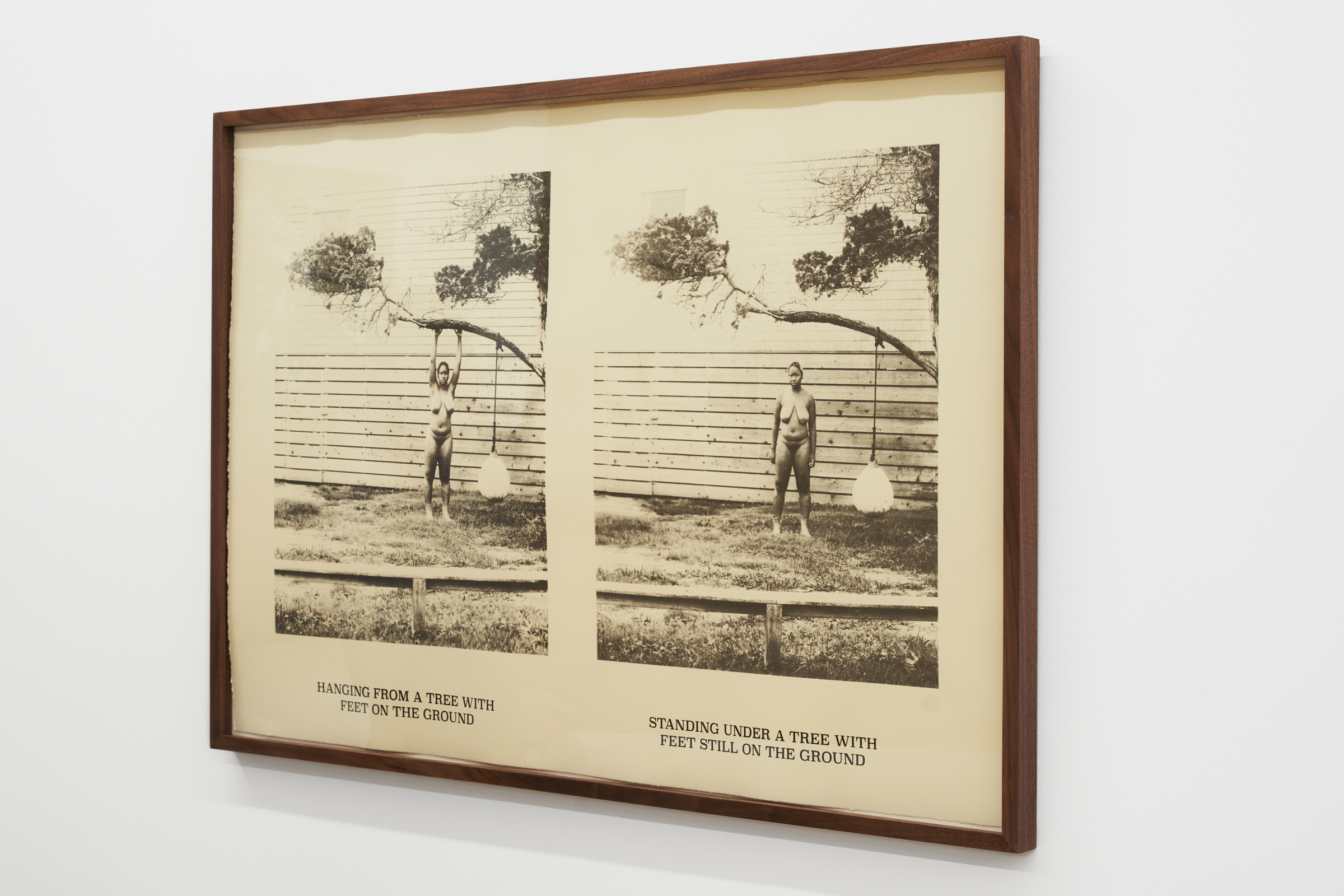
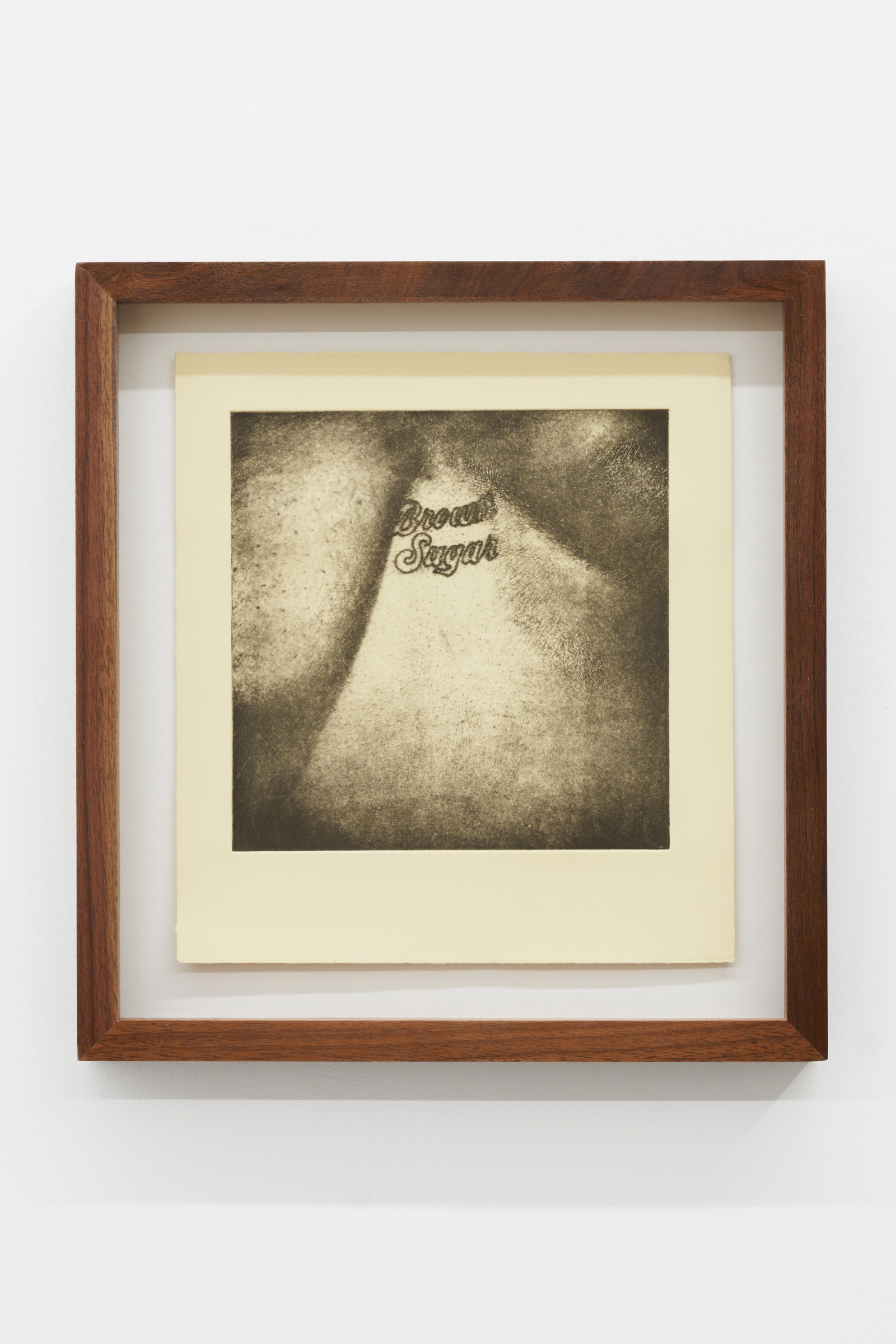
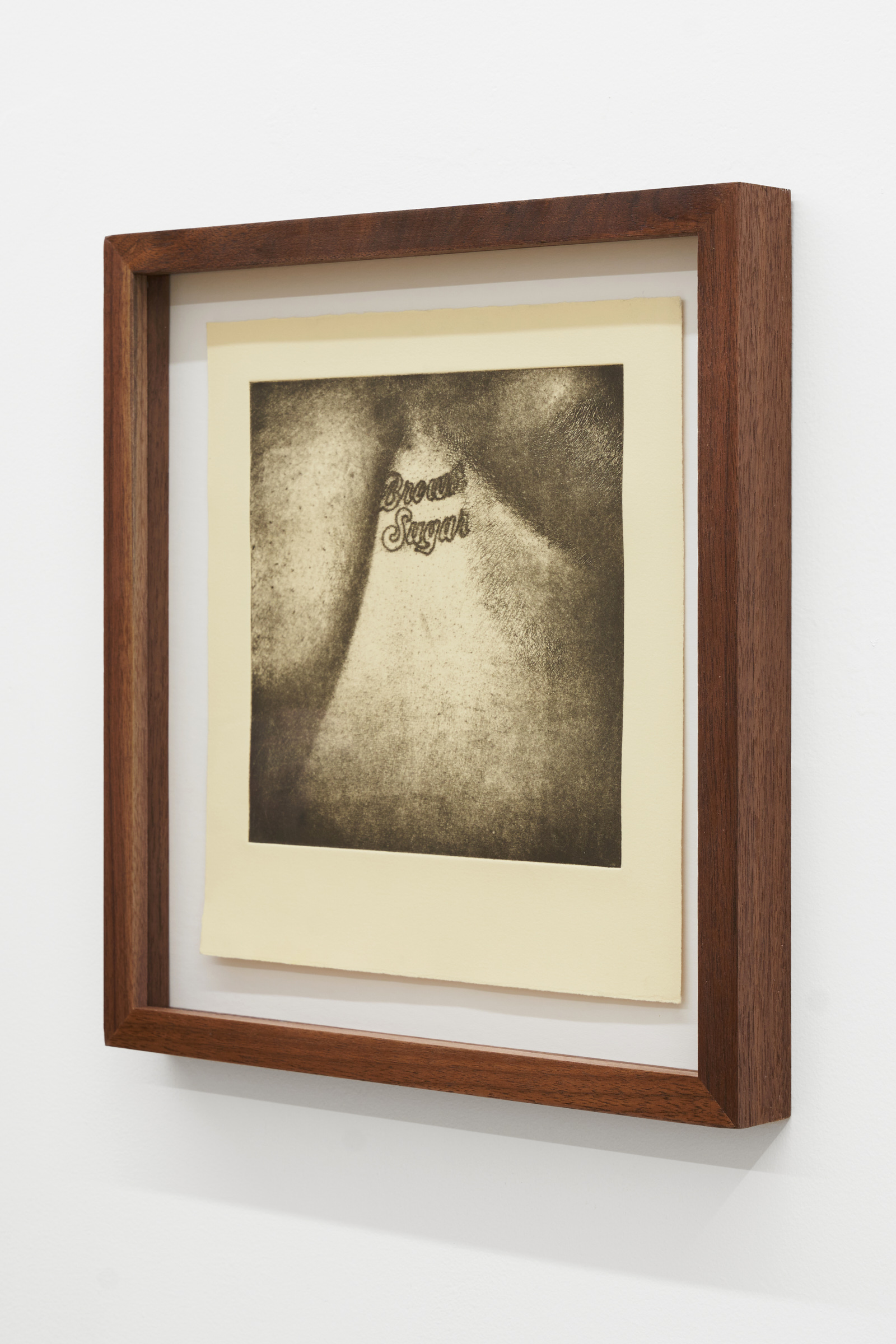
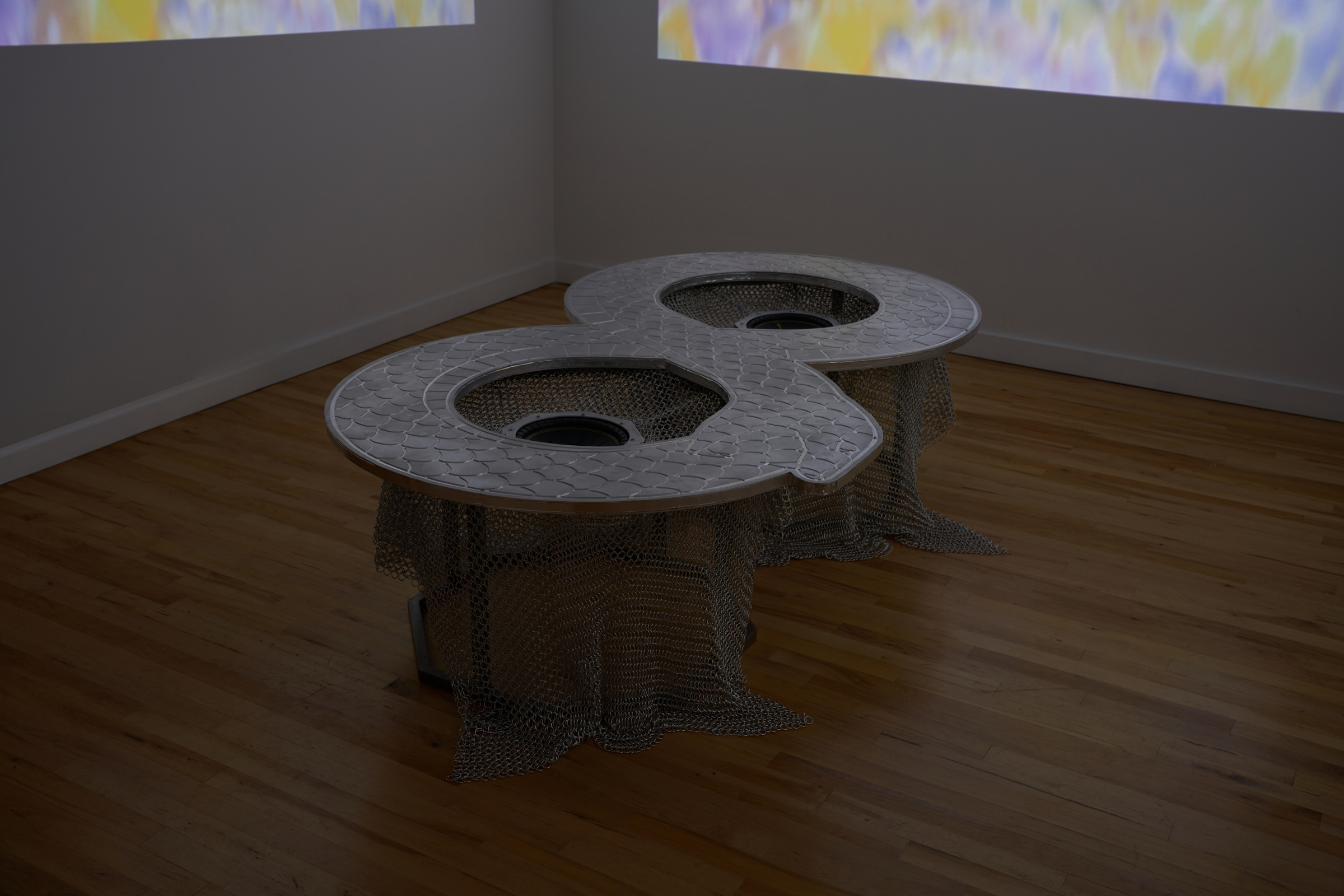
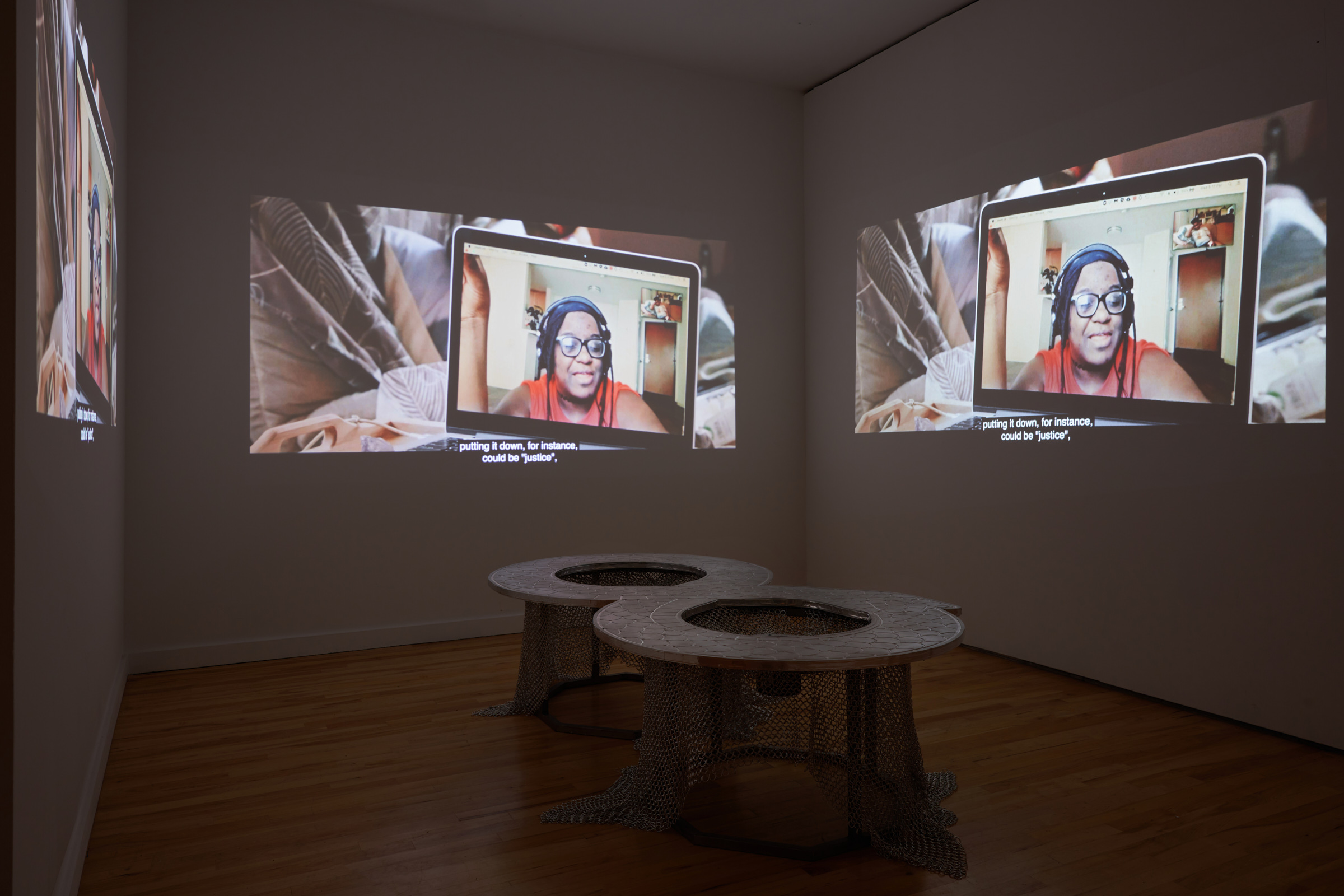
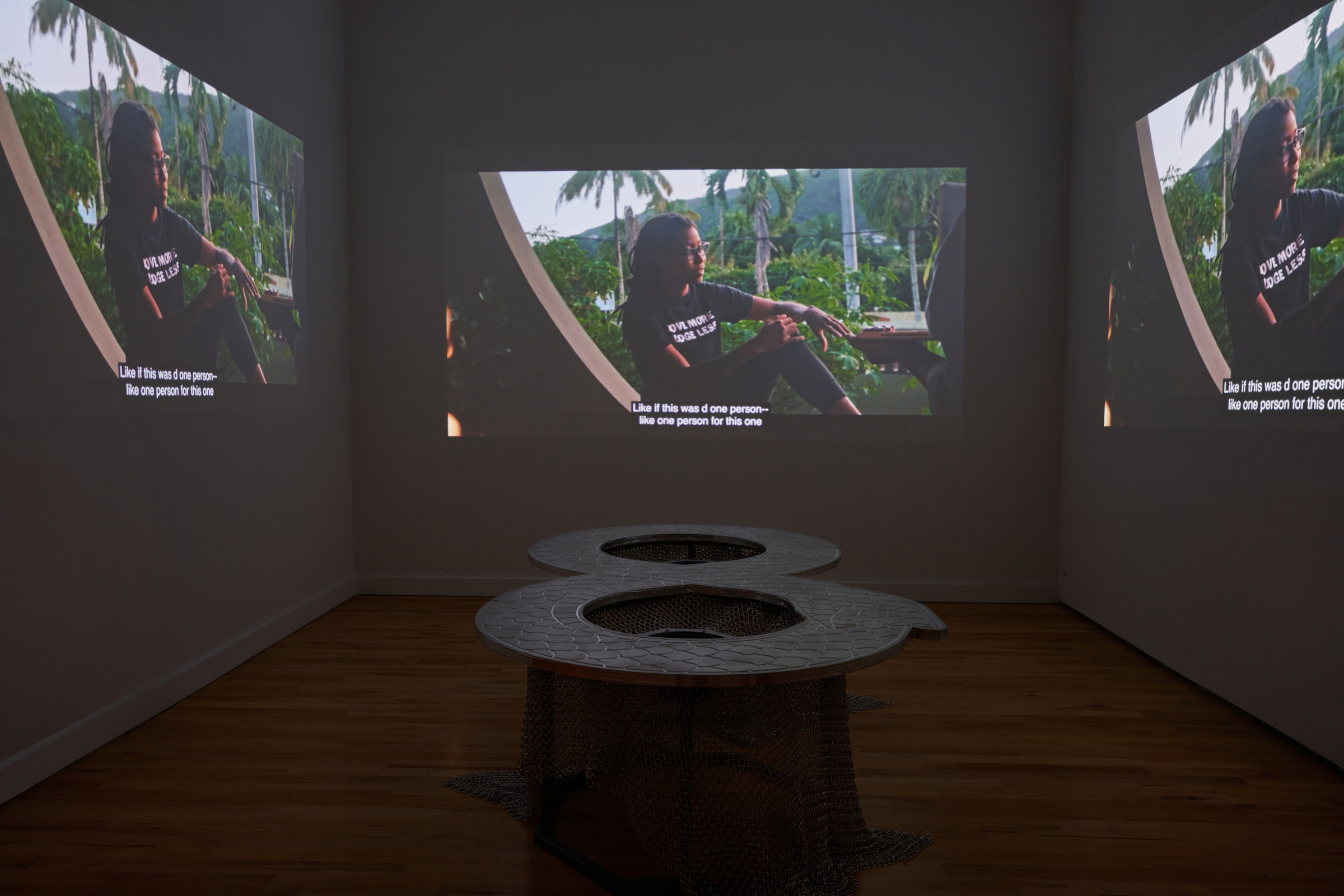
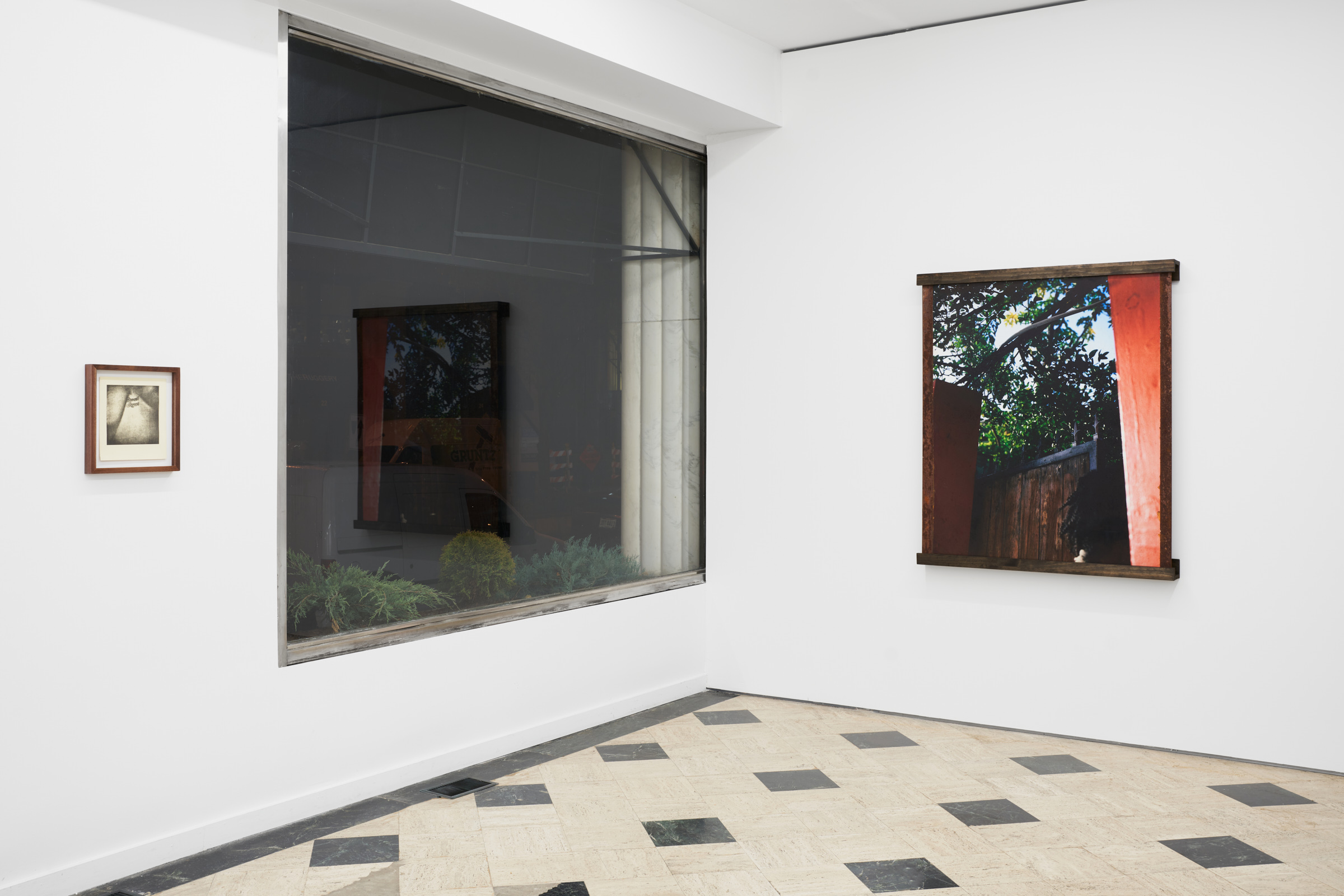
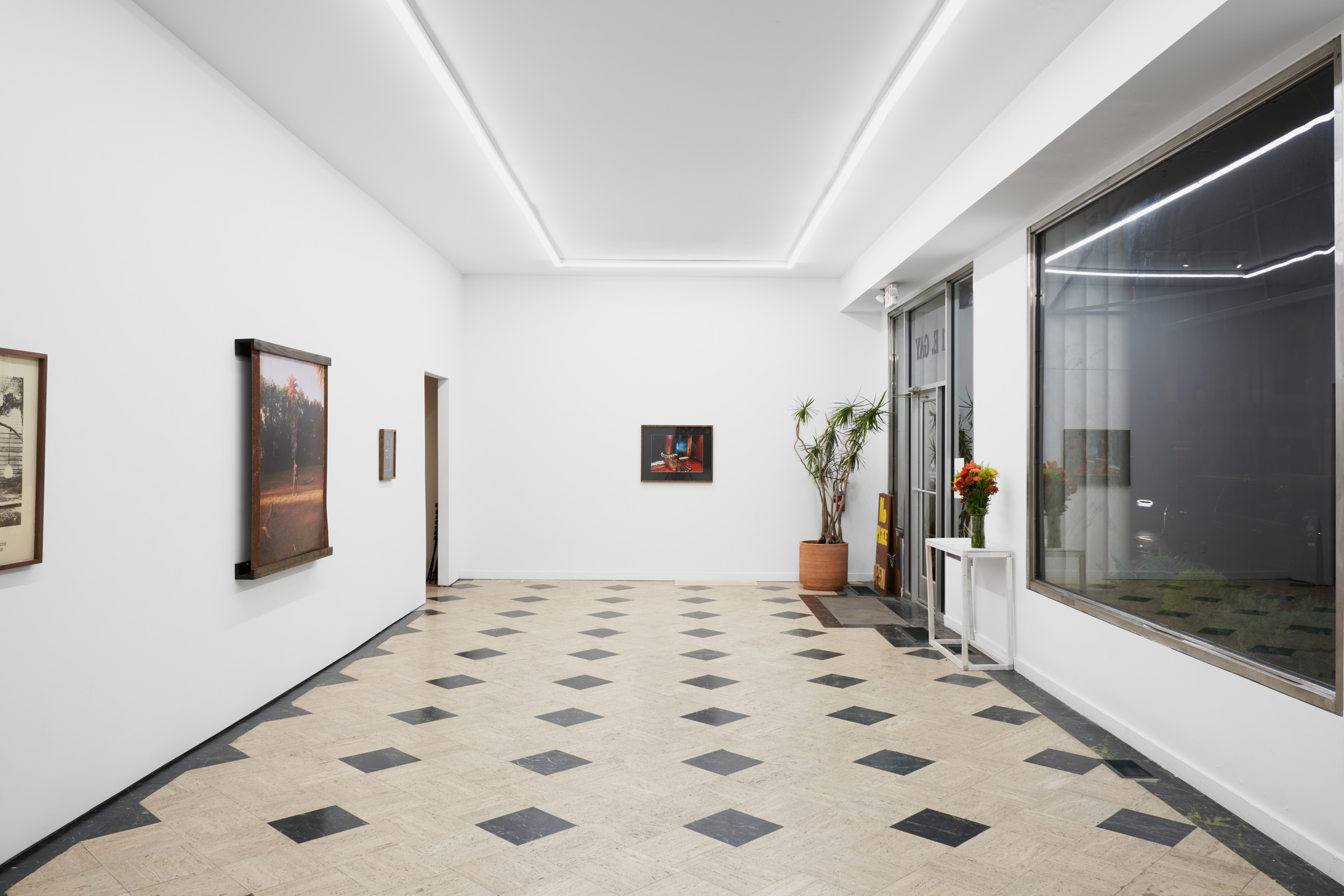
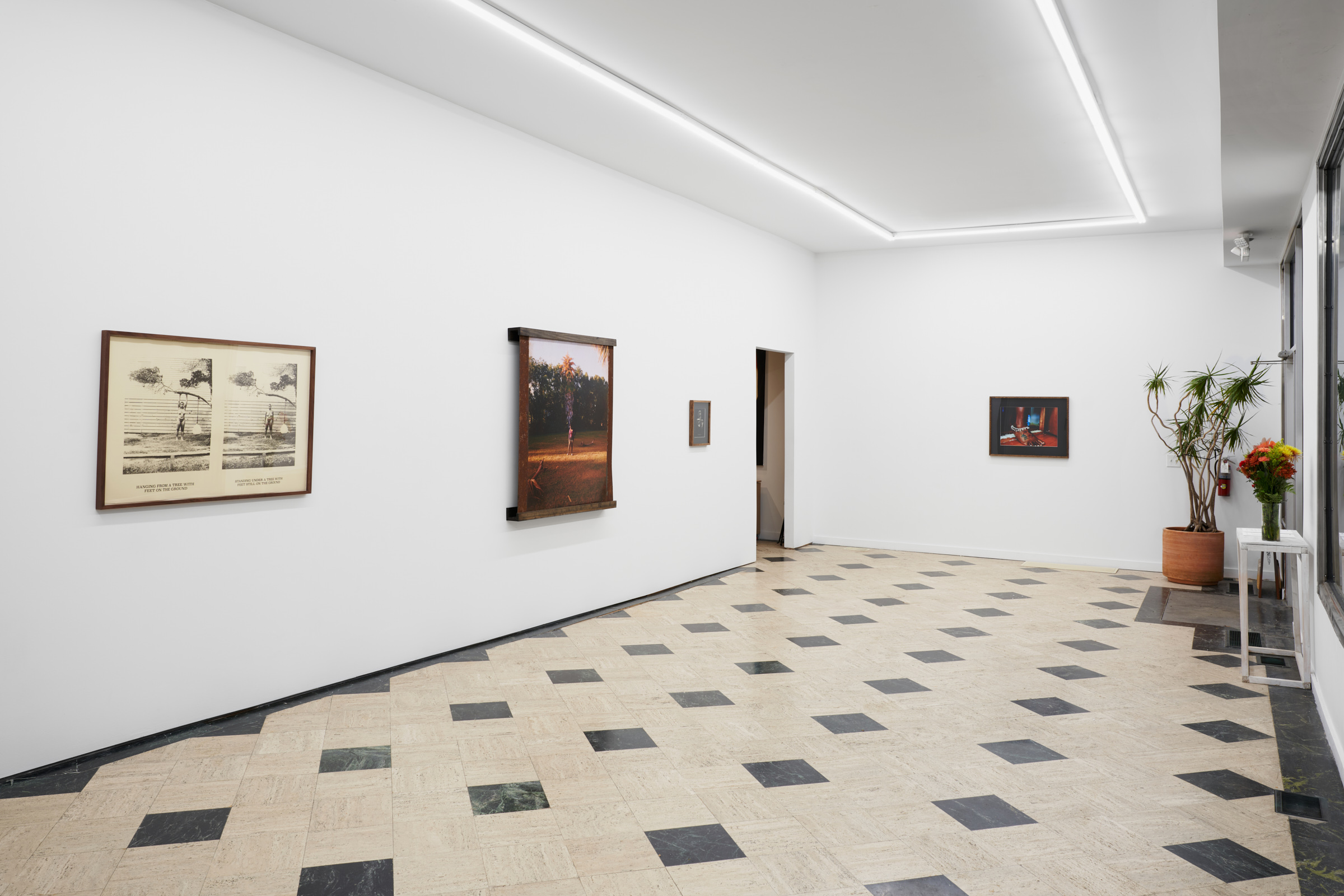
No Place is pleased to present TANGIBLE POSSIBILITIES curated by Reg Zehner. This exhibition creates the space of collaboration between Shala Miller and Kearra Amaya Gopee to showcase both artists’ expansive works across print media, photo and installation.
TANGIBLE POSSIBILITIES is the meeting place of Dr. Denise Ferreira da Silva’s concept of ‘implicancy’ and Noami Beckwith’s theory of “errant forms”. Dr. Silva’s pursuit in constructing a “material approach to the aesthetic”, recenters the body not as an instrument of knowledge, but as a site of contact that allows for implicancy; an existence of ‘both entanglement and contradiction rather than unity’. Beckwith’s errant forms calls to the works of black artists that oftentimes go unnoticed due to their abstracted approaches to representation and forms. By that, black expression for oneself or for another is commonly subjected to how (or the perception) it appears, rather than what (the materiality) is being expressed.
It is the tangible possibilities in the errant form - the moments where black expression can be felt, no matter how it is perceived, is the path this exhibition takes.
The works of Kearra Amaya Gopee and Shala Miller are guides in this endeavor. By taking what Gopee has called an ‘anti-disciplinary’ approach, which is a practice focused on the processing of emotions, memories and histories that define the medium the work takes, both artists employ a diverse range of materials to cultivate emotional spaces that can capture the depths of their own lived experiences. It is that emotional weight, built by Miller and Gopee that is the tangible possibility of the errant form – a way that art carves itself to not only be a representative of the experience, but be the experience itself. -Reg Zehner
Kearra Amaya Gopee (They/Them) (b.1994, Carapichaima, Kairi —the larger of the twin island nation known as Trinidad and Tobago), is an anti-disciplinary visual artist living and working on Tongva land (Los Angeles, CA). Their research based practice focuses on violence as it exists in/is enacted on the Anglophone Caribbean and its diasporas. They render this violence elastic and atemporal—leaving ample room for the consideration and manipulation of its history, immediacy and possible generative afterlives. Using lived experiences as a point of departure, they address violence’s impact on themes of (post)coloniality, affect, migration, intergenerational trauma, queerness, difference and healing.
While complicating the viewer’s understanding of economic and social marginalization in the region, their practice also desires to test the mettle of these same frameworks. Through their interventions, they aim to temper what we have known to be true with the potential of intuitive knowledge that have been historically cast aside in favor of Western assimilation.
They hold a BFA in Photography and Imaging from New York University and are an alum of the Skowhegan School of Painting and Sculpture. Currently, they are a MFA candidate at University of California, Los Angeles.
Shala Miller (They/Them) also known as Freddie June when they sing (b. 1993, Cleveland Ohio) was raised by two southerners named Al and Ruby. At around the age of 10 or 11, Miller discovered quietude, the kind you’re sort of pushed into, and then was fooled into thinking that this is where they should stay put. Since then, Miller has been trying to find their way out, and find their way into an understanding of themself and their history.
Miller holds a BFA from School of the Art Institute of Chicago and is a current MFA candidate at Bard College. They received a fellowship to attend the Skowhegan School of Painting & Sculpture in 2017 and was a participant in the New York Film Festival’s Artist Academy in 2019. They have been included in group shows/screenings at Helena Anrather (New York), Red Bull Arts (New York), AC Institute (New York), and Museum of Contemporary Photography (Chicago).
Miller currently lives and works in Brooklyn.